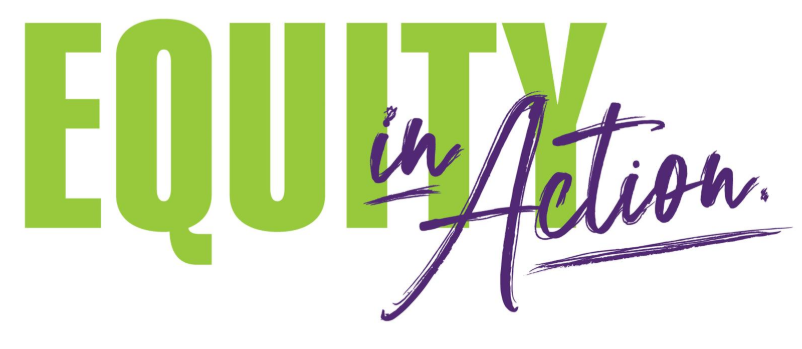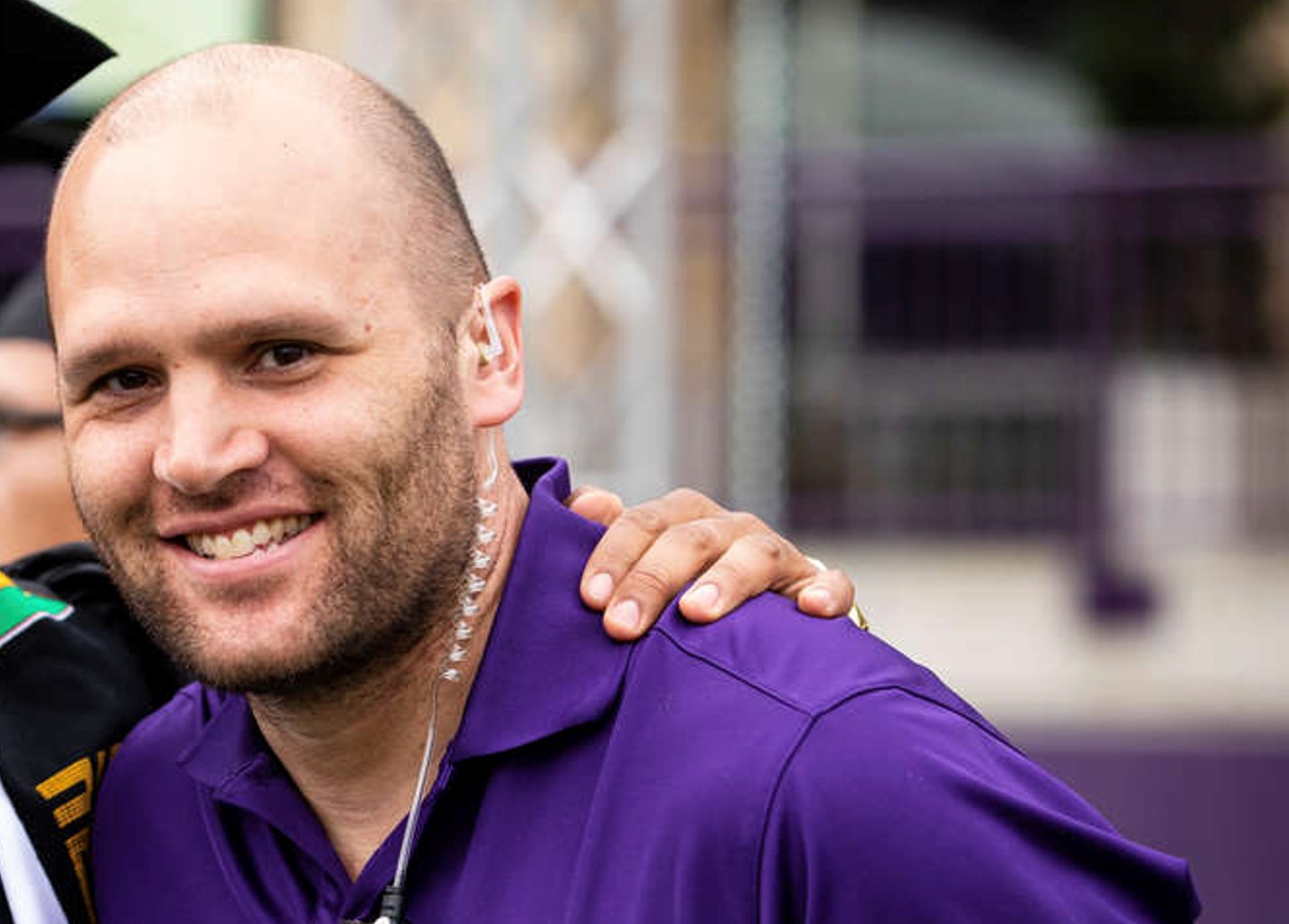Minnesota native and St. Thomas Assistant Dean of Students Jesse Langer, PhD, noticed early on in his career that he was treated differently because he was a white male. That awareness came after he moved to New York City, where he worked at Pace University as an academic adviser.
 “[At work], people thought that I knew where things were or that I knew what to do in certain situations, [even though] I was just walking down the hall,” Langer told attendees of his breakout session on white identity at St. Thomas’ inaugural Equity in Action: Cultivating Antiracist Universities virtual conference.
“[At work], people thought that I knew where things were or that I knew what to do in certain situations, [even though] I was just walking down the hall,” Langer told attendees of his breakout session on white identity at St. Thomas’ inaugural Equity in Action: Cultivating Antiracist Universities virtual conference.
Even during the fire drills every semester, people would follow Langer, although he was just another participant.
“Something was given to me in those situations,” Langer said. “I don’t know how to articulate it, but I was given confidence [by others].”
Although he often felt nervous inside, many of Langer’s students that he advised in New York City shared with him that they perceived him as confident. Langer, however, noticed that his colleagues of other races weren’t given the same treatment.
“It was all very subtle, all very different.”
Langer kept those New York City experiences in his mind when he moved back to Minnesota in 2006 to work at St. Thomas. He noticed that, in conversations with his colleagues, it was never mentioned what it means to be white.
Then Ahmaud Arbery and Breonna Taylor were killed, and George Floyd was murdered in Minneapolis.
Langer had been contemplating for about a year and half before that where and how to have discussions on what it means to be white.
“[Last summer], I still didn’t know where that discussion would fit, but I knew that we should have it, and I knew that we would need to have it, because wherever these structures are in our world around race, it’s not going to get any better, it’s not going to change unless white people do something about it,” Langer said.
In July 2020, he started a monthly gathering of colleagues from the Division of Student Affairs, titled “Discussing White Identity.” Everyone in Student Affairs is welcome. Topics in the open discussion have varied, from what it means to by white to understanding systemic racism to identifying implicit bias.
As part of the ground rules for the gatherings, Langer warns participants that the discussion space will be messy, imperfect and uncomfortable. Langer has learned, however, that being uncomfortable often means that people are learning something new.
[The point] is to have that conversation about things we don’t know about, so that we might become more aware of who we are and what our presence and our race represents."
Langer highlighted some of his reasons why it’s important to talk about whiteness:
- Racism is not a BIPOC problem; it’s a white problem.
- White is a race, but we don’t often think about white being a race or talk about the white race.
- Our white race means something, and we bring it into every interaction that we have.
- This moment in the race dialogue can’t just be a moment.
Langer closed his breakout session by noting that, regardless of how uncomfortable a conversation about race is, it is a gift.







